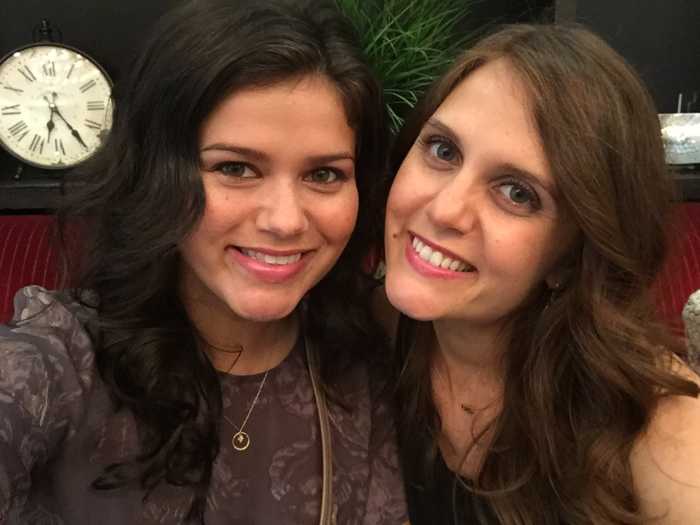The Parks Department’s $15 million plan to woo a wayward sparrow back to White Island might sound cuckoo to some, but the project could seriously impact the people who live and recreate on the water.
Mike Taylor, president of Gerritsen Beach Cares, is upset this week because despite countless hours of volunteerism removing tons of trash from the area, his organization has been shut out of the Parks Department’s planning process.
“We have been part of the solution for many of the problems on park land, Mike Taylor told the Courier. “For us to find out in the [New York] Post is a little bit embarrassing.”
Last week the city began spraying herbicides over White Island – also known as Mau Mau Island – in an effort to rehabilitate the 70-acre site and turn it into a habitat for a vanished bird called Henslow’s sparrow.
The herbicide has people like Dave Reynolds – head of the Gerritsen Water sports Association – concerned.
“My main concern is that they seem to have gone ahead and treated the island with some type of herbicide, killing off the indigenous species of plants,” Reynolds said. “As a boater and family person, I want to know what did they treat it with and is it going to run off into the water?”
Parks Department Phil Abramson said that the city has consulted with the Department of Environmental Conservation on the project and that they haven’t raised any environmental concerns regarding the use of herbicides.
Water skiers already complain that they frequently clash with Urban Park Rangers over who has jurisdiction in the area. Now with the restoration of White Island underway, many fear that officials will try to further restrict waterway access.
While no one is actually interested in tramping over the top of White Island, Taylor says that having access to the island’s shoreline is important to water sports enthusiasts as a quick rest stop or emergency landing.
“It’s the only safe haven around for those types of activities,” he said. “Whatever they do as part of the project, they have to make that a consideration. They need the community involved because the community will protect what they do.”






















